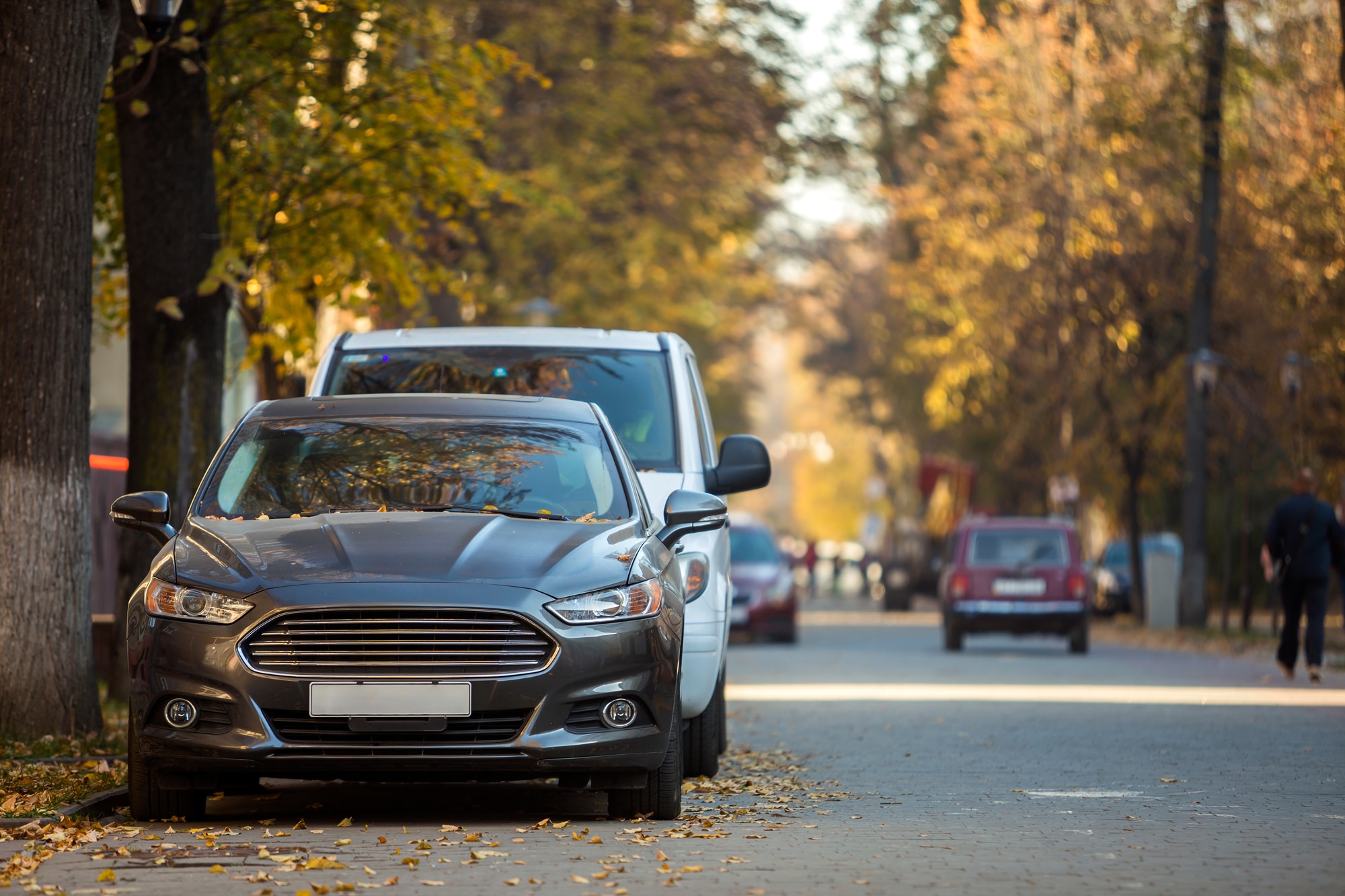What is Curbstoning, and How Can You Avoid It?
Curbstoning is an illegal sale of an (often defective) vehicle that can result in the buyer losing the money they paid for the car.
 Shutterstock
Shutterstock
Buying a car from a private seller can potentially save you money compared to what you'd pay at a dealership, but it can also come with risks.
One of these risks is a scam known as curbstoning, which is illegal, can result in a defective car, and a major financial loss. Understanding how these scammers work can help you spot a curbstoner and avoid them.
What is Curbstoning?
Curbstoning is when someone purchases a car and then sells it for more than it's worth, all without a dealer's license. Curbstone cars often have significant issues, such as mechanical issues, water damage, mileage rollbacks, or a salvaged title, which aren't disclosed at the time of the sale.
In some cases, the seller will fix up the car just enough to pass a cursory examination, so the buyer doesn't know they were scammed until it's too late. In other instances, unethical dealers may curbstone vehicles by posing as the owner of the car in a private-party transaction. This allows them to bypass local and state regulations, particularly lemon laws that protect consumers who buy defective vehicles from licensed dealers.
The term "curbstoning" comes from the fact that these sales often take place in empty parking lots or at the curb in front of a private residence.
How to Identify and Protect Yourself From Curbstoners
If you want to avoid the potential of buying a curbstone vehicle altogether, it's best to buy a car from a reputable licensed dealer. If you want the potential savings of a private-party transaction, however, be mindful of the signs of curbstoning and know which questions to ask to avoid getting scammed.
Verify the Title
Ask to see the vehicle's title before you complete the sale. If the seller hasn't transferred the title into their name, it could be an obvious sign of something shady. They may try to make an excuse that they're selling the vehicle for a family member or friend, but don't take that story at face value.
Consider the Meeting Location
It's not unusual for a legitimate private seller to want to meet at a neutral location to maintain their privacy or to meet you halfway. However, a curbstoner may also want to meet at a neutral location so it can't be tied back to them. So, keep your eyes open for other risk factors.
Check for Multiple Listings
As with the location, it's possible that someone trying to sell a car lawfully will list the vehicle on more than one platform. If you find a car you're interested in, research the seller's number. If you see the same car listed on several websites, be on alert.
Look Up the Vehicle History
It's a good idea to check the history of a vehicle before buying it. You can get a full vehicle history from websites like CARFAX or AutoCheck for a relatively small fee. The report can tell you how many owners the vehicle had, whether it was in any accidents and has a salvage title, how often it was maintained, and more. If a seller says they were the only owner of the vehicle, or it has a clean title and the vehicle history report says otherwise, walk away.
Show Vague Interest
When you first contact the seller, avoid specifying the car you're hoping to buy. If the seller asks which car you're interested in or gives you information about a different model, it means they're selling multiple cars and may be a curbstoner.
Get an Inspection
A curbstoner may want to pressure you to buy quickly, but it's a good idea to request an inspection before buying a car from a private seller. Pre-purchase inspections typically cost between $100 and $200, but they can save you big time if the seller is a curbstoner. If the seller has any issue with an inspection, that's a major red flag.
Avoid a Cash Sale
If you're planning to buy the car outright, use a cashier's check instead of cash. That way, the seller will need to provide you with their legal name to cash the check. If you pay in cash, there's no paper trail to follow.
What to Do if You've Fallen Victim to a Curbstoner
If you believe you've been swindled by a curbstoner, contact your local Department of Motor Vehicles (DMV) and provide any information you can to help the DMV catch who did it. Unfortunately, there's no guarantee they'll be caught, so you may be left without the money you paid and without a working car. If you plan to resell the car, disclose the issues upfront to avoid breaking any laws.
Written by humans.
Edited by humans.
 Ben Luthi
Ben LuthiEver since I read a personal finance book in college, I've been hooked. I've covered just about everything from credit card rewards and auto financing, to student loans and cryptocurrency. I've worked in banking, auto finance, and financial planning, and I've been writing about all of it since 2013. My top priority is to give people the information they need to make the best financial decisions for themselves.
Related articles
View more related articles